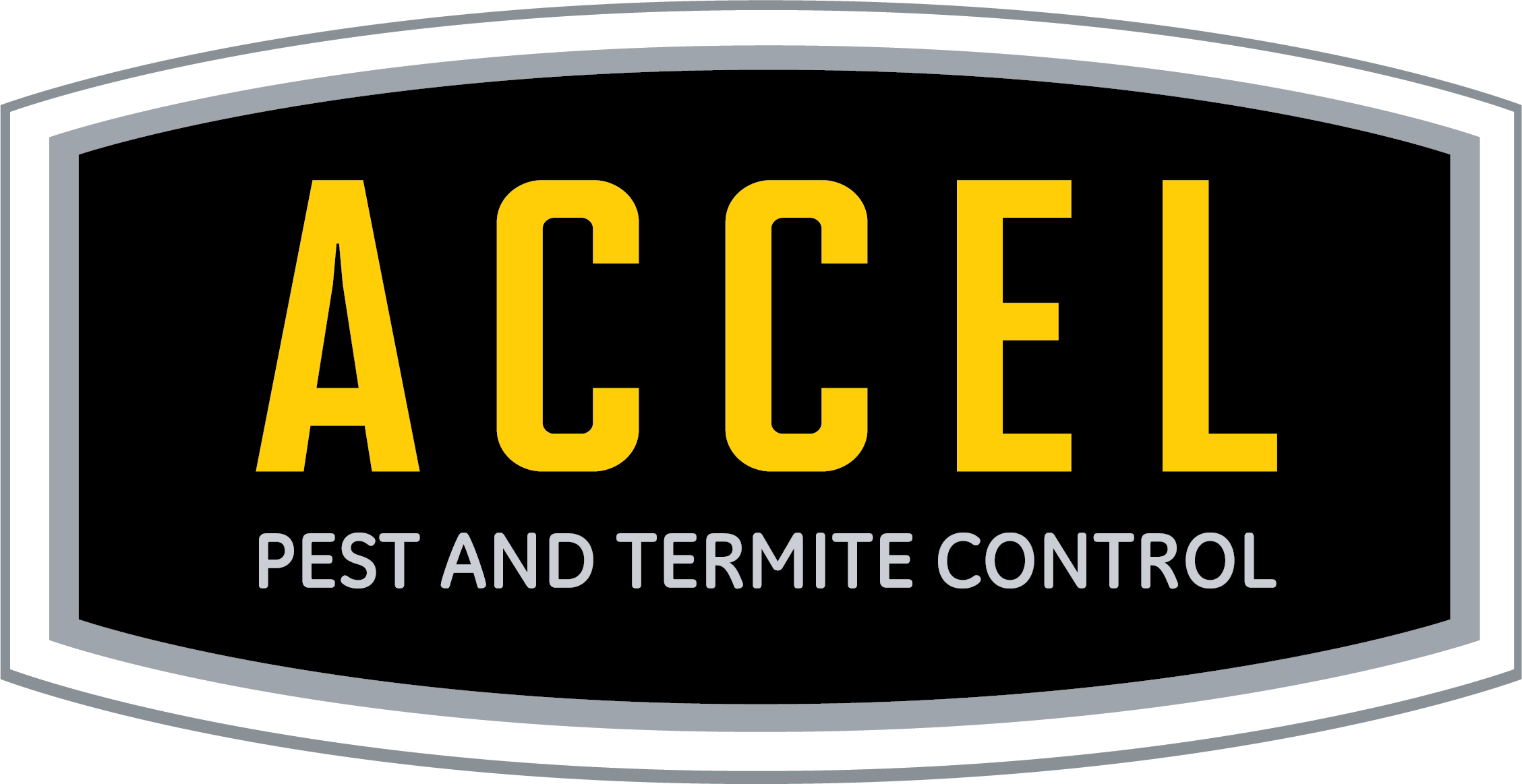Do Termites Decrease the Value of Your Home?

Termite damage can cost thousands of dollars to repair and can even affect the resell value of your home. But why do termites chew through wood and other important areas of your home?
Why do termites eat wood?
In nature, termites feed on organic debris such as fallen trees and dead plants. They get most of their nutrients from cellulose found in these food sources. In your home, termites seek cellulose where they can—in wooden furniture or foundations, as well as in plastic, drywall, or paper.
How Termites Impact Resale Value
Termites pose a serious threat to your home, which is why annual maintenance and prevention are so important. If you plan to place your home on the market after discovering an infestation, you should know how termite damage may affect the selling process.
Lowers the Real Estate Value of Your Home
Homeowners are legally required to disclose information about a termite infestation to any potential buyers since this discovery could affect your home’s structural integrity and appraisal. Some experts estimate termite damage could reduce the value of your home by approximately 20%.
Weakens the Structure of Your Home
According to researchers at North Carolina State University, termites can cause appreciable damages to a home within three to eight years. Because termites need cellulose, older homes with more wood may be more susceptible to damage.
Signs of Termite Damage
Termites cause approximately $5 billion in damages to homes every year. Termite damage is notoriously difficult to locate as it appears similar to water damage and can take months or years until an infestation—and the damage to your home—is full-blown.
Keep an eye out for these signs that could indicate termites:
- Mud tubes. Small tubes made of mud, saliva, and feces typically appear near the foundation of your home.
- Buckling wood or swollen floors and ceilings. Termite damage appears similar to water damage in certain areas of your home.
- Maze-like patterns. Check your walls and wooden furniture for any strange patterns that indicate termites.
- Musty smell. A home with a termite infestation may have more of a mildew or mold smell to it.
Does homeowners insurance cover termite damage?
Most homeowners’ insurance policies do not cover termite damage. Typically, this damage is categorized as a result of neglect by the homeowner since termite damage can be prevented with routine inspection and home maintenance.
There are some circumstances wherein termite damage may cause other issues covered under an insurance policy. Still, otherwise, it’s up to the homeowner to take the proper preventive steps to keep termites out of their home.
How to Prevent Termite Infestations
Preventing termites can help you save thousands on remodeling or repair costs as well as protect the value of your home. Here are some simple preventive steps you can take to protect your home from infestations:
- Moisture attracts termites, so check all downspouts, splash blocks, and gutters to ensure they’re in good working order.
- Keep an eye on wooden furniture or areas in your home, such as windows or doorframes.
- Store firewood at least 20 feet away from your home.
- Schedule an annual termite inspection. Catching an infestation early on will save you thousands of dollars in repair fees.
How to Get Rid of Termites
Unfortunately for many, termites can’t be killed by DIY tactics. Accel Pest and Termite Control offers two different treatment options to help you control termite infestations and get your life back to normal. Contact our team online or by phone at (877) 716-7522 today to schedule your inspection!
